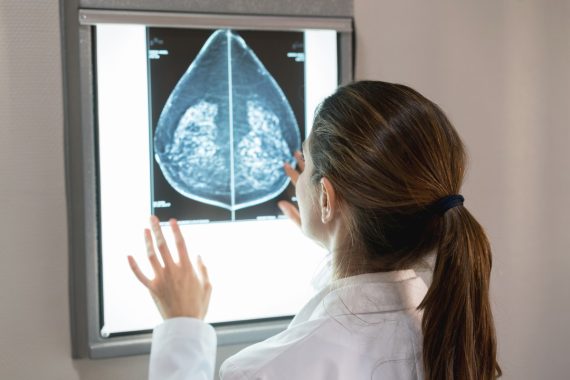GPs will work with London hairdressers and beauty salons in a new project to encourage uptake of NHS Health Checks and screening among Black and Asian women.
As part of the BELONG study at King’s College London (KCL), salons will help promote a ‘culturally adapted’ app which advocates heart health and raises breast cancer awareness.
GPs, nurses and healthcare assistants will collaborate with salon staff and KCL researchers to develop customised content which aims to reduce health inequalities among these communities.
The roll-out began this month in nine salons across South and West London, who will all receive reimbursement for their participation as well as ongoing support from local GP practices.
The project, which is backed by the NHS Race and Health Observatory and funded by the National Institute for Health and Care Research (NIHR), will run for 12 months.
Depending on its success, the project may expand into a larger study examining how the app might reduce chances of heart disease and increase awareness of breast cancer among women in deprived communities.
The principle investigator for the project at KCL, Dr Mariam Molokhia, said: ‘Developing innovative and sustainable community-health partnership interventions in trusted environments such as hairdressing and beauty salons has the potential to ensure that communities have a say in shaping culturally accessible services for both the prevention and management of health.’
In London, less than half of women attend NHS Health Checks to diagnose heart disease risk when invited, and around 60% of eligible women attend breast cancer screenings.
Women from ethnic minority and socio-economically disadvantaged backgrounds have lower uptake of health checks for both breast cancer and heart disease, according to the study.
The salons, based in Brixton, Streatham and Hammersmith, will also be involved in the app design, which is based on Dr IQ, a software used by some practices to provide online access to GP services.

















It’s an interesting idea and I look forward to seeing he results.
It’s a nonsense. The elephant in the room is obesity which is the single largest modifiable risk factor for heart disease (via type 2 DM and htn) as well as most other diseases that have preventable factors; OA knees and hips, CVA and stroke, etc. And primary prevention, tackling obesity as we once tackled smoking, is needed. High taxation on junk food, processed food, bans on advertising and subsidising fruit and veg and making sure schools, work places, etc have access to good meals. Governments around the world are obsessed with the health industry, pharmaceutical industry, supporting intensive farming, processed and super processed food and junk food. We know primary prevention is always the key to health. Secondary, tertiary prevention is shutting the stable door after the horse has bolted.
But primary prevention doesn’t make money. Not for the lobbyists and donors from the processed and junk food industry. Not from the pharmaceutical industry.
And in countries like the US with private healthcare, not for the healthcare industry. You know. The private healthcare industry that’s trying to break into the market here.